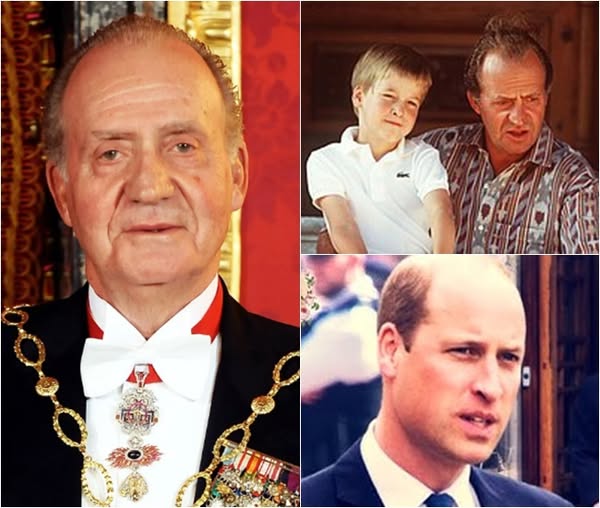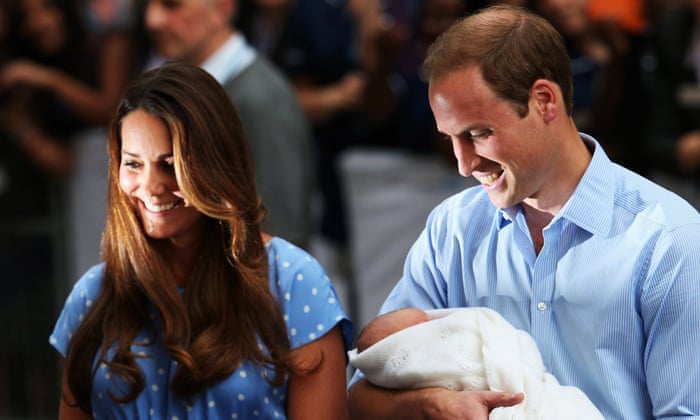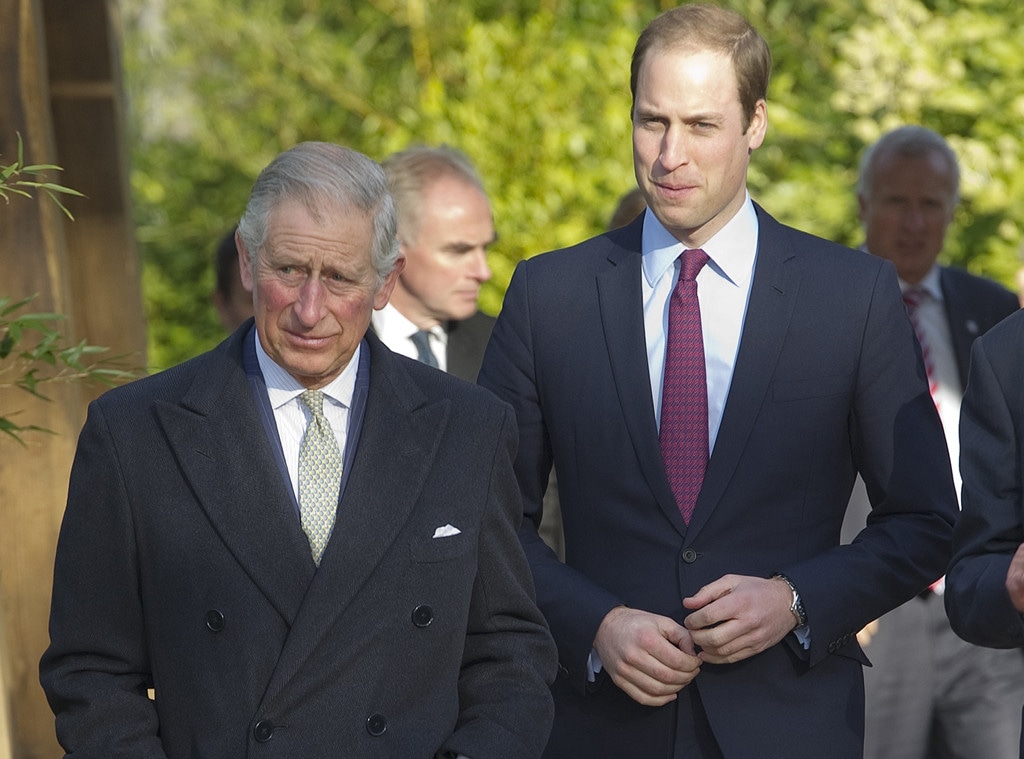After Decades, Prince William Speaks Out About Long-Standing Rumors: “Here’s What My Mother Diana Told Me

As the heir to the British throne, Prince William, Prince of Wales, is one of the most well-known figures in the world. With his prominent royal role, charitable work, and decades in the public eye, his life has been extensively documented. Yet, in the digital age, even the most verifiable facts can become the subject of online rumors.
Recently, unfounded claims have circulated on social media and internet forums about Prince William’s parentage. While such rumors may spread quickly in online spaces, reputable historians and official royal records confirm that Prince William is the elder son of King Charles III and the late Diana, Princess of Wales.
The Documented Royal Birth of Prince William
Prince William Arthur Philip Louis was born on 21 June 1982 at St Mary’s Hospital, Paddington, London. His birth was officially announced by Buckingham Palace and covered extensively by global media outlets at the time.
- Mother: Diana, Princess of Wales (1961–1997), born Diana Frances Spencer, married Charles, then Prince of Wales, in July 1981.
- Father: Charles, then Prince of Wales, now King Charles III, the eldest son of Queen Elizabeth II and Prince Philip, Duke of Edinburgh.
His christening took place on 4 August 1982 in the Music Room of Buckingham Palace, officiated by the Archbishop of Canterbury. This event was attended by senior members of the royal family, including Queen Elizabeth II, and documented by official photographers and news outlets such as the BBC and The Times.
These official records form part of Britain’s modern royal history, leaving no factual basis for claims that contradict them.

The Relationship Between King Charles III and Prince William
Beyond public appearances, both King Charles and Prince William have spoken about their relationship in interviews over the years. While their family has faced challenges, they have worked closely on numerous royal duties and causes.
- Environmental Advocacy: William has expanded on his father’s environmental legacy through the Earthshot Prize, a global environmental initiative inspired in part by King Charles’s decades-long environmental work.
- Charity Work: They have both supported mental health awareness campaigns, including joint appearances to promote the Heads Together initiative.
These collaborative efforts reflect a long-standing father-son partnership in official royal capacities — a direct counterpoint to speculation that seeks to question their bond.

Understanding the Spread of Conspiracy Theories About Royals
Dr. Ed Owens, a royal historian and author, has explained in interviews that conspiracy theories about royal parentage are not new. In the past, similar false claims have been made about other members of European royal families.
The pattern often follows a predictable formula:
- A public figure with high visibility
- A historical connection to another prominent figure (often diplomatic or ceremonial)
- Visual similarities exaggerated through selective imagery
- Online echo chambers where such claims are repeated without fact-checking
In the case of Prince William, there is no credible historical or genetic evidence to support any claim other than that he is the son of King Charles III and Princess Diana.

Royal Privacy and Public Interest
The British royal family, while highly visible, maintains certain boundaries regarding private matters. Buckingham Palace typically refrains from commenting on speculative rumors, focusing instead on official engagements and public service.
For Prince William, public attention has long centered on his role as heir apparent and his family life with Catherine, Princess of Wales, and their three children — Prince George, Princess Charlotte, and Prince Louis.
While public interest in royal history is understandable, reputable news organizations stress that responsible reporting must distinguish between verified historical fact and unverified online claims.
Prince William’s Life and Role in the Monarchy
Prince William has spent his life preparing for his future role as monarch. His official responsibilities include representing the Crown at state functions, supporting charitable organizations, and engaging in initiatives that reflect his personal interests and values.

Key Facts About Prince William’s Career and Service:
- Education: Studied at Eton College, the University of St Andrews, and the Royal Military Academy Sandhurst.
- Military Service: Served in the British Armed Forces, including time as a search and rescue pilot with the Royal Air Force and later as an air ambulance pilot.
- Charitable Leadership: Co-founded the mental health campaign Heads Together and launched the Earthshot Prize to incentivize environmental innovation.
These achievements, widely reported by official channels and global media, underscore his identity as a working member of the British royal family whose life path has been shaped by his role as the son of King Charles III and Princess Diana.
Why Facts Matter in the Digital Age
Organizations like the BBC’s Reality Check and Full Fact UK highlight the importance of verifying claims, especially when they involve public figures. Spreading unfounded rumors not only misleads audiences but can also undermine trust in legitimate journalism.
In the case of Prince William’s parentage, the factual record — supported by decades of documented royal history, official announcements, and continuous public life — leaves no room for credible doubt.
Conclusion
Prince William’s life and royal lineage are part of one of the most thoroughly recorded family histories in the modern world. While social media can amplify unfounded speculation, official documentation, historical archives, and the public record consistently affirm that he is the son of King Charles III and Diana, Princess of Wales.
As the Prince of Wales continues to carry out his duties — from environmental advocacy to mental health campaigns — the focus remains on his contributions to the monarchy and society, not on baseless rumors.
For those interested in royal history, the most valuable approach is to turn to reputable sources, verified records, and expert historians, ensuring that discussions about the monarchy are grounded in fact, not fiction.
